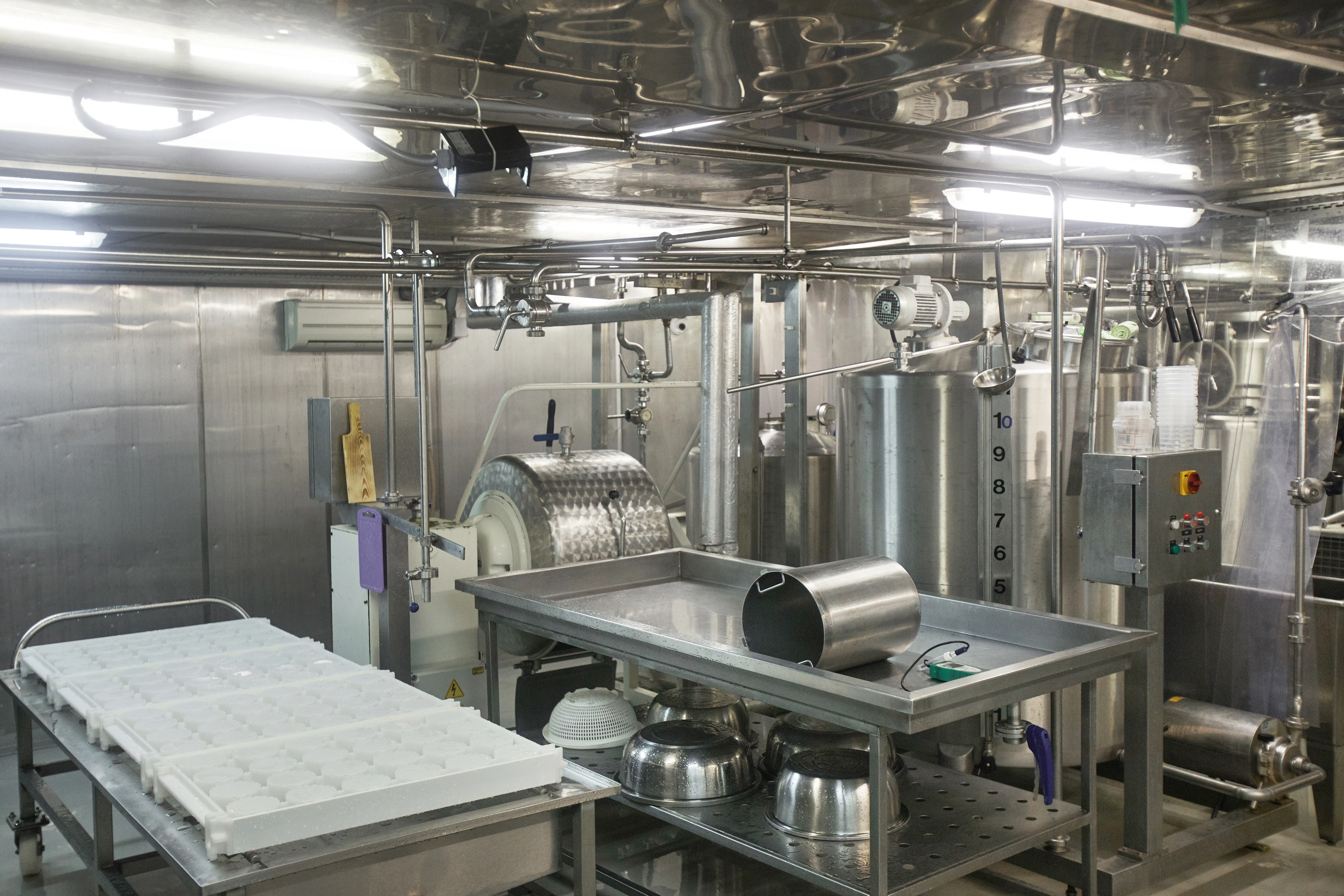Introduction
In the dynamic world of food processing and manufacturing, ensuring a seamless and efficient design of process systems and equipment is crucial. This is where a robust Design Basis becomes invaluable. By delineating the fundamental requirements and specifications, it provides a sturdy foundation for engineers and designers to formulate an optimized design. This article delves into the various facets of the Design Basis and its significance in the food industry.
Key Aspects of the Design Basis
The Design Basis is a comprehensive document that guides the detailed engineering process in food technology consulting by including the following critical aspects:
1. Process Requirements
Identifying the specific requirements of the food processing systems ensures that they meet production objectives effectively.
2. Safety and Environmental Considerations
Adherence to safety and environmental standards is essential to protect workers and minimize the ecological footprint.
3. Operational and Performance Criteria
The operational efficiency and performance of systems must align with the established industry benchmarks.
4. Equipment Specifications
Detailed equipment specifications enable optimal selection and integration into the food processing plant design.
5. Piping and Instrumentation Diagrams (P&IDs)
P&IDs are critical for illustrating the relationships and functions of system components.
6. Standards and Codes
Compliance with regulatory standards and codes ensures the design meets legal and quality norms.
7. Design Constraints and Limitations
Recognizing and planning for constraints helps in overcoming potential design challenges.
8. Project-Specific Requirements
Tailoring the design to meet specific project objectives and client expectations is indispensable.
Importance of Process and Equipment Design
The significance of a detailed Design Basis extends beyond just specifications. It serves as a pivotal reference for food manufacturing engineers and food engineering consultants, ensuring that:
- Designs align with process requirements and objectives.
- All safety and performance standards are scrupulously followed.
- Design constraints are adequately addressed.
- Stakeholder expectations are met efficiently.
PMG’s Role in Design Basis Implementation
PMG plays a crucial role in the implementation of the Design Basis within the food industry. With expertise in food business consultancy and project management, PMG ensures effective requirement gathering, stakeholder coordination, risk management, and quality assurance. By doing so, they contribute significantly to successful design and construction processes, ensuring that food processing plant construction is carried out efficiently and effectively.
Conclusion
A comprehensive Design Basis is fundamental to the success of food factory design and food plant engineering projects. By clearly outlined requirements and specifications, food processing consultants can guide the engineering and design phases to achieve optimal and efficient system functionality. As a leading food industry consultant, PMG’s contributions to this process are invaluable, ensuring quality and consistency in food and beverage engineering.
 PMG stands for Projects Management Group. We provide state-of-the-art Engineering Services to build world-class food processing factories.
PMG stands for Projects Management Group. We provide state-of-the-art Engineering Services to build world-class food processing factories.  Engineering is the difference between Chaos and Excellence. If you are going to do it, do it right.
Engineering is the difference between Chaos and Excellence. If you are going to do it, do it right.  Explore the diverse range of Products in the Food Processing Industry.
Explore the diverse range of Products in the Food Processing Industry.  Explore the technologies at the heart of the the Food Processing Industry.
Explore the technologies at the heart of the the Food Processing Industry. 


 Back
Back 



